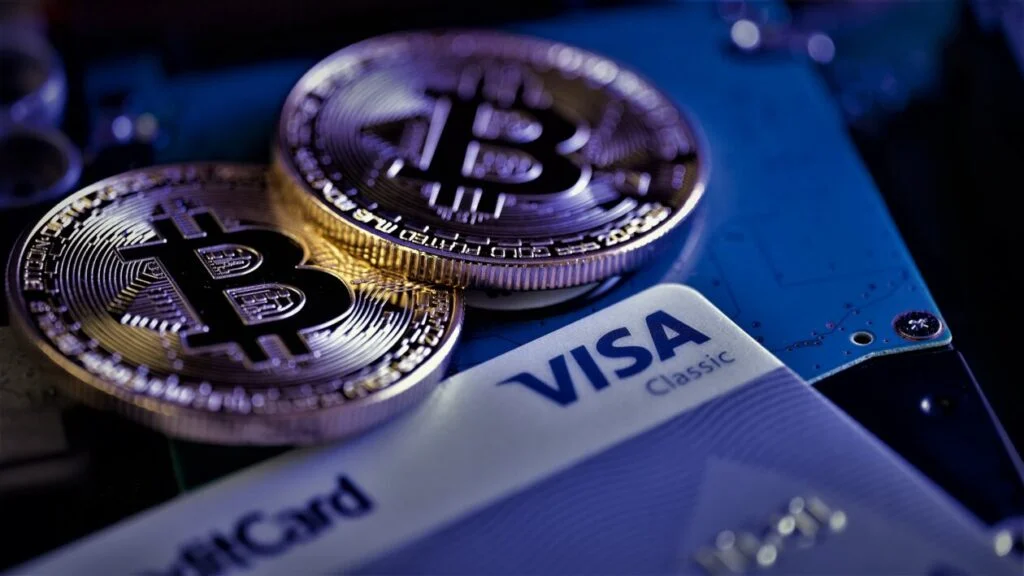Visa executive Akshay Chopra discloses that the company’s partnerships with cryptocurrency exchanges have facilitated payments worth billions of dollars.

According to a Visa executive, integrating traditional payment cards with cryptocurrency exchanges plays a crucial role in promoting the adoption of digital assets.
During a panel at the Blockchain Economy Dubai Summit, Visa’s vice president, chief of innovation and design, Akshay Chopra, stated that Visa cards have served as a bridge between fiat currencies and cryptocurrencies in recent years.
According to Chopra, using cryptocurrencies as a payment method for everyday items such as a cup of coffee has yet to be widespread.
Visa entered into partnerships with 75 of the largest cryptocurrency exchanges in 2021 so that they could issue Visa cards.
This enabled a network of approximately 80 million Visa merchants to serve clients who prefer to use cryptocurrencies as a payment method.
“Building that bridge alone in 2021, and these numbers haven’t really been made public, facilitated $3 billion of payment volume.”
Chopra highlighted this as one of many opportunities for conventional financial institutions to leverage the broader Web3 ecosystem.
The settlement of payments between financial institutions remains primed for disruption and innovation via blockchain-based solutions.
Chopra asserts that existing protocols, such as the SWIFT payment system, have limitations, such as not being completely operational 24 hours a day:
“Banks have trillions of dollars of transactions with each other at the end of the day, but there is a cut-off time where you simply cannot transact internationally. It’s a big pain point, and it’s also expensive and inefficient.“
Akshay describes a pilot with Circle and USD Coin that enabled several cryptocurrency exchange partners to resolve daily payments with USDC:
“It’s cheaper than traditional methods, it happens 24/7, and it’s innovative. You send the USDC balance, and Visa custodies the funds on the back end of the Ethereum blockchain.”
Regulations remain an obstacle for traditional financial institutions to adopt blockchain technology and cryptocurrency-based payments fully.
However, Akshay believes that progressive regulatory environments in countries such as the United Arab Emirates have been more beneficial to industry participants than reactive regulations in nations such as the United States.
“When they set up regulatory frameworks, they invited the industry to talk about what it needs, but also what the future might look like in a few years so that regulations are developed well ahead of time.”
Visa made headlines in April 2023 by introducing a crypto product roadmap to accelerate the adoption of stablecoin and public blockchain payments by traditional financial institutions.
Visa Ventures will receive an investment of $100 million to investigate innovative artificial intelligence-powered products and solutions for payments and commerce.
